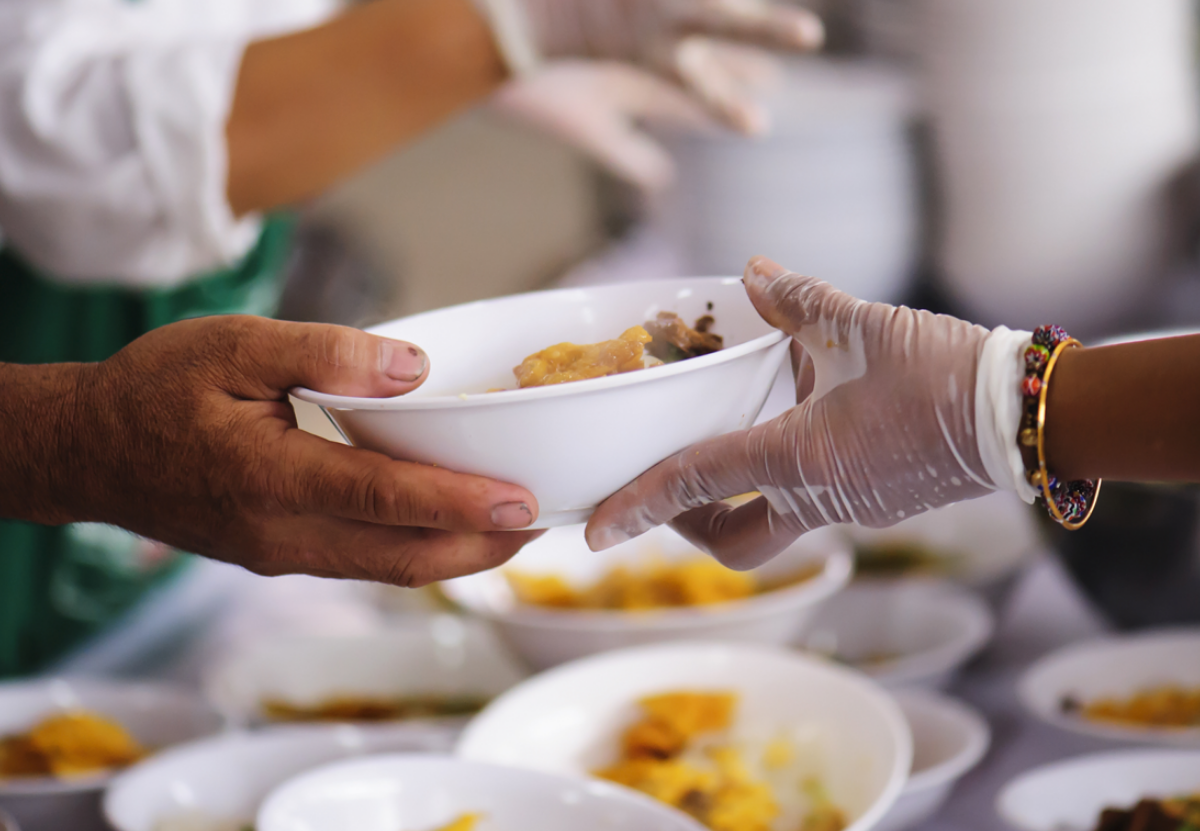The Cost-of-Living Crisis and the Food System
Food shortages or a crisis of distribution?
By MFB Coordinator
with input from Sean Ruffell, Managing Director, Organic North
Cost-of-living crisis in the UK
UK food prices are rising at their fastest rate in 42 years. ONS have shown these price increases by picking a basket of 30 everyday items. On average, since September 2021 these items have increased in price by 17.3%. Items like vegetable oil (65.2%), pasta (59.9%) and tea (46.0%) have had substantial increases.
Sean Ruffell, the managing director at Organic North and a member of the Manchester Food Board explains that their growers and suppliers both domestically and abroad are seeing increasing input costs. Packaging, fertilisers, and electricity have all increased in price. The diesel that runs Organic North’s vans has also gone up in price. Some of these costs are being passed over to consumers and are reflected in the rising food prices.
Often food price increases have been attributed to a shortage of supply and general reduced availability of food within the global food system. However, food yields have been increasing since the 1960s, while around every two kilos of food that we consume another one is wasted, and yet across the world one in ten people still do not have enough to eat. The distinction here is availability vs affordability.
Availability vs affordability
It is much more often the case that people can’t afford food or don’t have access to it rather than there not being enough. ‘Perhaps because there are conflicts going on in their area, or there are no markets with fresh food. This shows is that hunger is the result of political decisions, not supply.’ ‘This could be due to a lack of investment in infrastructure, a lack of social safety net or just government policy that makes it difficult for people to access affordable food.’ (Thin Lei Win – Lighthouse Reports).
This narrative has become more frequent with the current war in Ukraine. Articles have focused on the limited grain exports out of Ukraine. This does play a role, however, is emphasised to the extent of making it the focal point of the global food price crisis.
Reporting and data can be misleading. For instance, articles that suggest, ‘Russia and Ukraine account for a third of the world’s wheat’, are alarmist. In reality, only around 25% of global wheat production is for export: the majority is consumed locally. Such use of figures can perpetuate the idea that the cost-of-living crisis is a crisis of production and supply. With the world producing more than enough food, it is an issue of distribution.
Equitable distribution
What does an equitable distribution look like? Well, it is too big a question for the scope of this article. It is important to recognise that food prices and insecurity are created by people and systems.
Myanmar, for example, produces a food surplus and yet there are instances of minority groups experiencing food insecurity as a direct result of government policies. Food surplus from production or imports does not guarantee food security for all.
Food security is influenced by food speculation, inequality of access, structural issues in the food system as well as government policy. These systems can be altered and changed to provide people with better access to food and nutrition.
Manchester Food Board Strategy – resilience not reliance
One of the focus points in the upcoming refresh of the Manchester Food Board Strategy is to highlight how the cost-of-living crisis is impacting the people and the food economy of Manchester. Food aid plays a big role in this crisis as people experience increasing food insecurity. As suggested above, not only should food insecurity be understood as political and therefore subject to change, but so should the way in which we view food aid.
The new MFB strategy looks to promote food resilience and not a reliance on food aid. Food aid frequently solely deals with short-term needs without looking at the structural causes that have led to individuals seeking food aid provision.
The new MFB strategy suggests a set of actions and a pathway out of the current system, one that engenders self-reliance, and autonomy and ensures reliable access to affordable nutritious and culturally appropriate food. Food resilience links food aid to poverty reduction. Food resilience understands that the tools that alleviate poverty are the same that reduce food insecurity.


